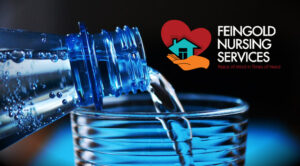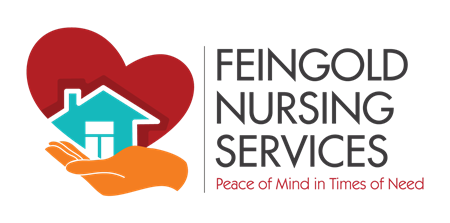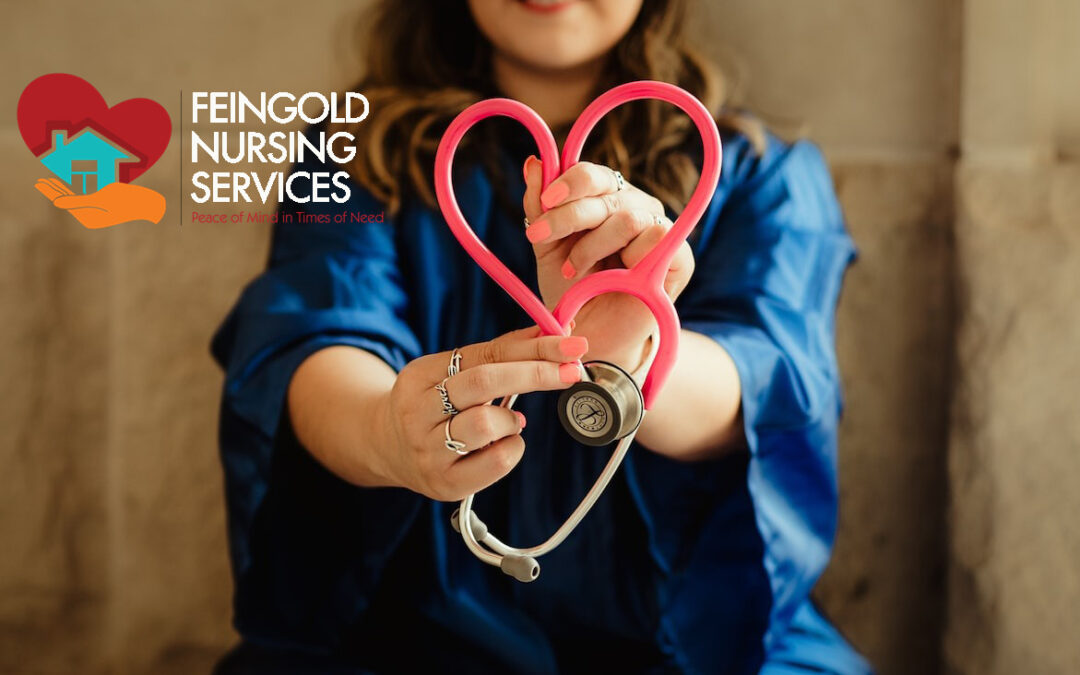Florida is most famous for beautiful beaches, oranges, and sunny skies almost every day. I fact our license plates say Florida is the Sunshine State. But the sun is hot, and all that sunshine translates to very high temperatures especially in the summer.
A recent article in the Pensacola News Journal sows how serious the heat can be on our health: Heat-Related Deaths in Florida Have Increased 88% in 3 Years as Temps Continue to Rise.
 According to the Centers for Disease Control and Prevention, older adults are more prone to heat stress for several reasons:
According to the Centers for Disease Control and Prevention, older adults are more prone to heat stress for several reasons:
They do not adjust as well as young people to sudden changes in temperature.
They are more likely to have a chronic medical condition that changes normal body responses to heat.
They are more likely to take prescription medicines that affect the body’s ability to control its temperature or sweat.
Several steps can help avoid the danger over over-heating in the Florida heat, including:
Hydration – As a general rule, you should take one-third of your body weight and drink that number of ounces of fluids. For example, if you weigh 150 pounds, aim to drink 50 ounces of water each day. That may seem like a lot but the CDC says: Getting enough water every day is important for your health. Drinking water can prevent dehydration, a condition that can cause unclear thinking, result in mood change, cause your body to overheat, and lead to constipation and kidney stones.
Proper Clothing – Wear lightweight, light-colored, and loose-fitting clothes, preferably made from cotton or other natural fabrics. Don’t forget the wide-brimmed hats and sunglasses.
Medications – Make sure to speak with your doctor and pharmacist about how exposure to the sun may cause changes in the was your prescription drugs work in your body.
Sunscreen – Use sunscreen every time you go out into the sun to avoid burns.
Air Conditioning – Have your A/C unit checked regularly to make sure everything is running right. It can take several days to get a service technician to respond to a break down, and living in an un-air conditioned home is dangerous.
Seniors who live alone may have difficulty incorporating these critical steps into their everyday routines, which is where we can help. Our nurses and home health aides are trained to look for signs of dehydration and heat-related health issues. If you’re concerned about a family member or friend who might be in danger of being over-heated please call us and we’ll discuss options and costs. 561-210-9096

